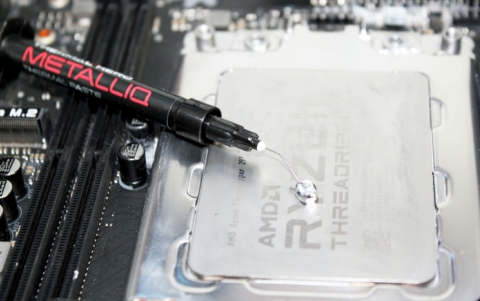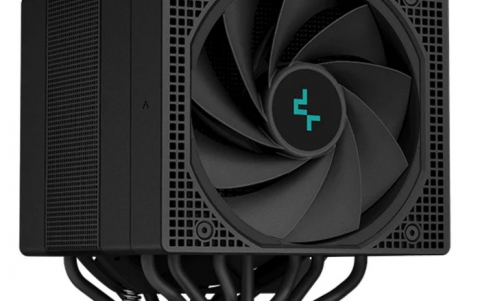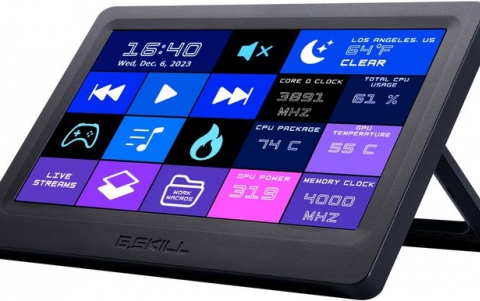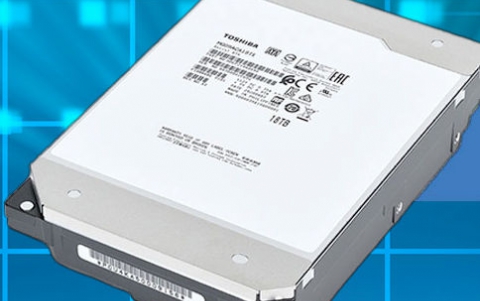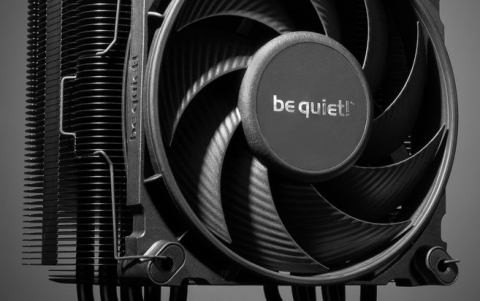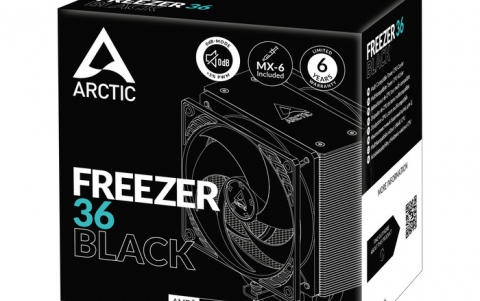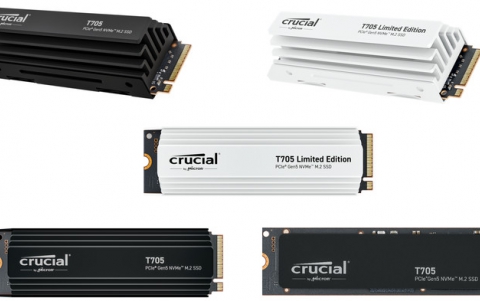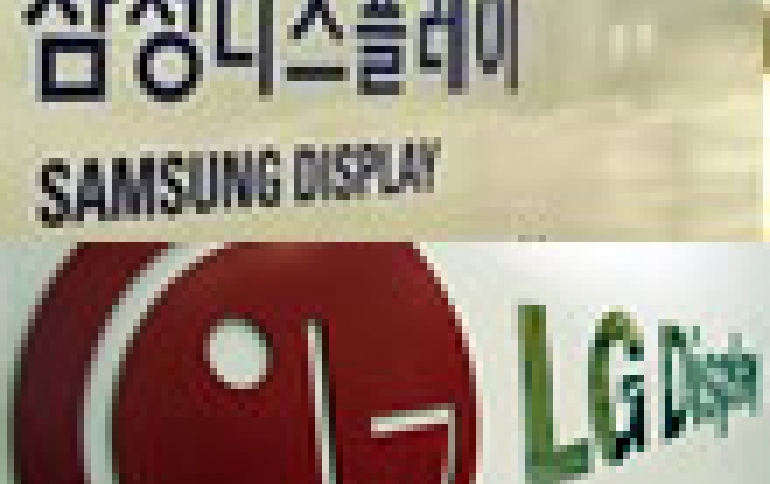
Samsung And LD Display End Their OLED Patent Dispute
Samsung Display and LG Display have both dropped charges against each other related to OLED patents, seeking to cooperate in more constructing directions.
With the agreement, LG Display and Samsung Display dropped lawsuits involving intellectual property theft and patent infringement regarding technology for developing organic light emitting diodes, a critical component for screen displays.
"This agreement will give us a chance to resolve our legal dispute and together move in a more productive direction," said Kim Gwang-joon, executive vice president of intellectual property at Samsung Display.
LG Display said in a statement that the two sides will put aside their differences to look for ways to cooperate as the world?s leading display manufacturers.
"This is a critical moment for both of our companies in terms of pursuing patent competitiveness," said Song Young-kwon, senior vice president of LG Display?s technology strategy team to further explain the backdrop of the agreement.
He added that the two sides would now resort to dialogue to settle future issues.
LG Display had filed a lawsuit against Samsung Display last September, with Samsung display to follow up with a lawsuit two months later.
LG Display had filed a damage suit claiming that Samsung Electronics had infringed seven of its patents on organic light-emitting diode (OLED) panel technologies.
Samsung filed a countersuit with a local intellectual property tribunal, claiming that seven patents held by LG Display were invalid as they "lacked innovation."
Terms of the agreement have not been disclosed.
A cooperation over OLED technologies would help both companies: Samsung adopts the white OLED process for large-size production, where LG Display's experience would be helpful. On the other hand, LG Display has stopped working on mobile OLEDs due to their lack of the RGB evaporation technology and know-how - a sector where Sansung Display is the clear leader. As OLED takes share in mobile devices applications, LG Display may want to offer OLED as well as LCD, and if so, Samsung's experience would be helpful.
"This agreement will give us a chance to resolve our legal dispute and together move in a more productive direction," said Kim Gwang-joon, executive vice president of intellectual property at Samsung Display.
LG Display said in a statement that the two sides will put aside their differences to look for ways to cooperate as the world?s leading display manufacturers.
"This is a critical moment for both of our companies in terms of pursuing patent competitiveness," said Song Young-kwon, senior vice president of LG Display?s technology strategy team to further explain the backdrop of the agreement.
He added that the two sides would now resort to dialogue to settle future issues.
LG Display had filed a lawsuit against Samsung Display last September, with Samsung display to follow up with a lawsuit two months later.
LG Display had filed a damage suit claiming that Samsung Electronics had infringed seven of its patents on organic light-emitting diode (OLED) panel technologies.
Samsung filed a countersuit with a local intellectual property tribunal, claiming that seven patents held by LG Display were invalid as they "lacked innovation."
Terms of the agreement have not been disclosed.
A cooperation over OLED technologies would help both companies: Samsung adopts the white OLED process for large-size production, where LG Display's experience would be helpful. On the other hand, LG Display has stopped working on mobile OLEDs due to their lack of the RGB evaporation technology and know-how - a sector where Sansung Display is the clear leader. As OLED takes share in mobile devices applications, LG Display may want to offer OLED as well as LCD, and if so, Samsung's experience would be helpful.















